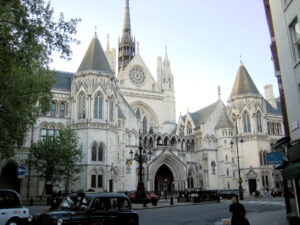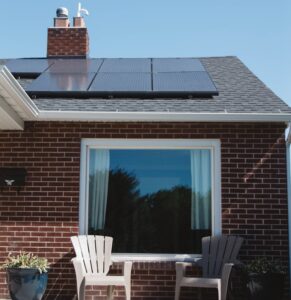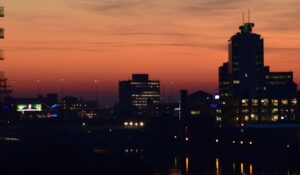Space needs environmental protection too, says study
New research, led by the University of Edinburgh, argues that space needs the same legal environmental protection given to land, sea and atmosphere to limit pollution.
Currently, an influx of space debris is left in orbital space, 100 kilometres above the earth’s surface, endangering the ecosystem.
What have been called satellite mega-constellations, clusters of up to tens of thousands of satellites delivering broadband to Earth, are congesting space.
Broken pieces of satellite are travelling at incredible speeds, threatening to crash into working satellites, while rocket launches are also polluting the atmosphere.
Researchers are encouraging policymakers to consider the environmental impact of satellite constellations before launch to create a sustainable approach to space.
The study is connected to a legal case currently before the US court of Appeal which argues that US environmental regulations should apply to space launch licensing.

Professor Andy Lawrence, Regius Professor of Astronomy, University of Edinburgh Institute for Astronomy and lead author, said: ‘We are standing on a watershed in history. We can cheaply launch huge numbers of satellites and use them to the benefit of life on Earth – but this comes at a cost. As well as damaging stargazing, the space industry may be shooting itself in the foot.’
The space debris is disrupting research on land too, as bright streaks from satellite flares cause light pollution and make it harder to get a clear view of the sky.
Experts believe a 10 year Legacy Survey of Space and Time carried out by the giant Vera C. Rubin Observatory in Chile, will be badly affected by this.
Dr Meredith Rawls, co-author and researcher at the University of Washington, said: ‘Rubin Observatory will be one of the most severely impacted astronomy facilities by large numbers of bright satellites due to its large mirror and wide field of view — the same characteristics that make it such a remarkable engine for discovery. I care a lot about how satellite streaks affect science, but the case for dark and quiet skies is much larger than that.
‘We need all hands on deck to address the rapidly changing satellite situation if we can hope to co-create a future with dark and quiet skies for everyone.’
Photo by Getty Images.












